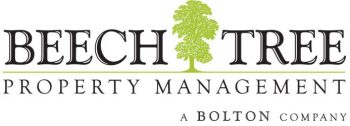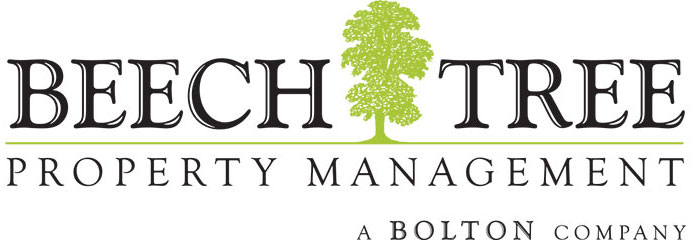Please fill out our online service quote request. This will allow us to better understand your needs as a Home Owners Association.
What are Beech Tree Property Management’s fees for management services?
Beech Tree Property Management offers such a diverse collection of services from simple account administration, one-time consulting, all the way to full service association management. Therefore, fees are based on what the association wants with regards to service. Because each association is unique in its makeup and each association has different needs, so does the management pricing. We do not set fees until we are able to identify and define what services the association is seeking.
Is Beech Tree Property Management considered a contractor, vendor or an employee of the association?
No. Beech Tree Property Management will be retained as the associations “Agent”. And as the association’s Agent we are like a partner to them. Yes, we are paid for our services, but we also expect our boards to utilize our knowledge, training and expertise in our industry. Many board members serve with little to no knowledge of the operation of both a not for profit corporation and/or a homeowners (HOA) association or a condominium (COA) association. Beech Tree Property Management’s role is to assist those members as their Agent in the proper operations of the association and its not-for-profit corporation.
Will the association still need to contract other professionals?
Probably not. In most cases, a community association manager can help with most management operations. In the event of specialized services such as legal services, general contracting, engineering, and other “professional designations,” consultants may be needed, and beech Tree Property Management will work with your board to coordinate.
Will the board have to put in as much time?
Although the board ultimately has final authority and responsibility for the operation of the association, Beech Tree Property Management provides many useful tools in assisting the board in its decision making, such as monthly management reports, dealing with and coordinating vendors and development of certain non-technical bid specifications, detailed accounting, etc. All of these functions help relieve the board in the day to day operation and management of the HOA or condo.
Will the board lose control?
No. The board will continue to function in the capacity of the association’s administrators. All professionals, such as the association’s attorney(s) and landscaping company continue providing their services. The board also has control over actions of the management company. Beech Tree Property Management’s function is to carry out board directives, provide experienced recommendations, set up documented operating systems and procedures, and establish a level of operations and recorded keeping for the association.
How is the transition of existing vendors handled?
Beech Tree Property Management will notify, in writing, each vendor to fully explain our role as management and to notify the vendor of the address and contact changes for the association.
How do we transition to Beech Tree Property Management?
Should you decide to retain Beech Tree Property Management, our personnel will come to the property or your current management company’s office to review and inventory all records. Owner names and account balances are entered into our database and notification letters and current statements are generated and mailed to the owners. This process generally takes two days to four weeks depending on the size of the association.
What are the benefits of working with a professional management company?
A professional management company, such as Beech Tree Property Management, provides knowledge of the operations of the associations, the governing statutes, continuity in operations, accurate accounting, expertise in condominium and homeowner association management, and better negotiating power with vendors, contactors and insurance companies.
How do HOA boards enforce rules?
While limited to some extent by state and local laws, HOA rules and regulations are also supported by them. This means that becoming a member involves entering into a legally binding contract. As long as the HOA stays within its authority and its governing documents comply with state and local laws, courts will usually uphold their actions if an issue gets that far. While rules are officially set in documents, the HOA can usually change them through a member vote or similar procedure, so there is recourse if a particular restriction or bylaw seems unfair.
Disciplinary actions by a HOA are typically in the form of fines, but in more serious cases may go as far as a lien on the property. For a sufficient offense, the HOA may even be able to foreclose on a home, depending on its rules. If an HOA assesses fines, even incorrectly, it may be better to pay them first and then contest the matter to avoid any late fees, penalties or other consequences.


